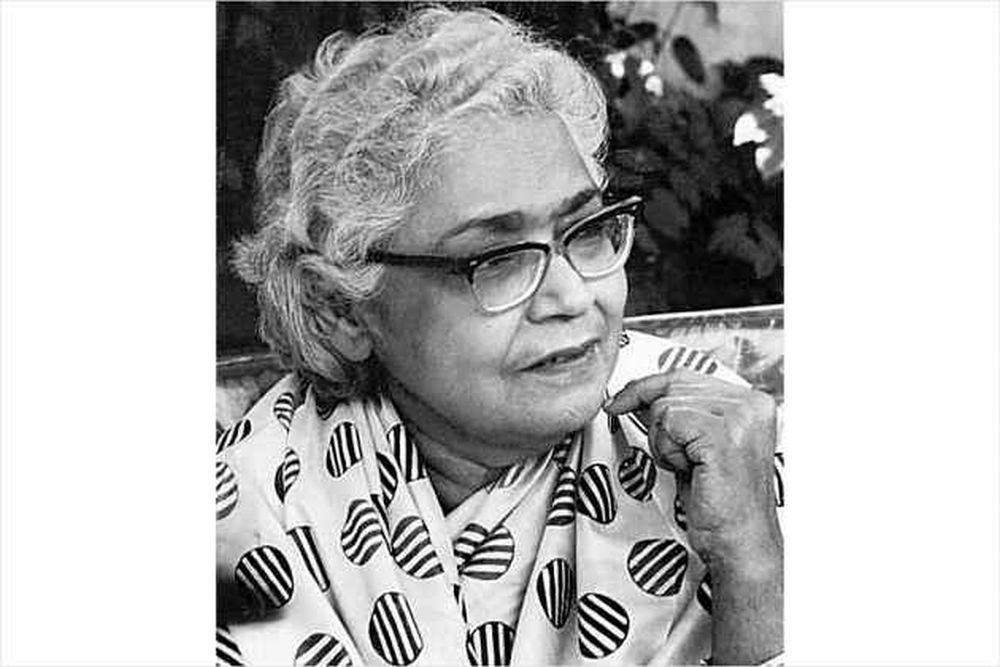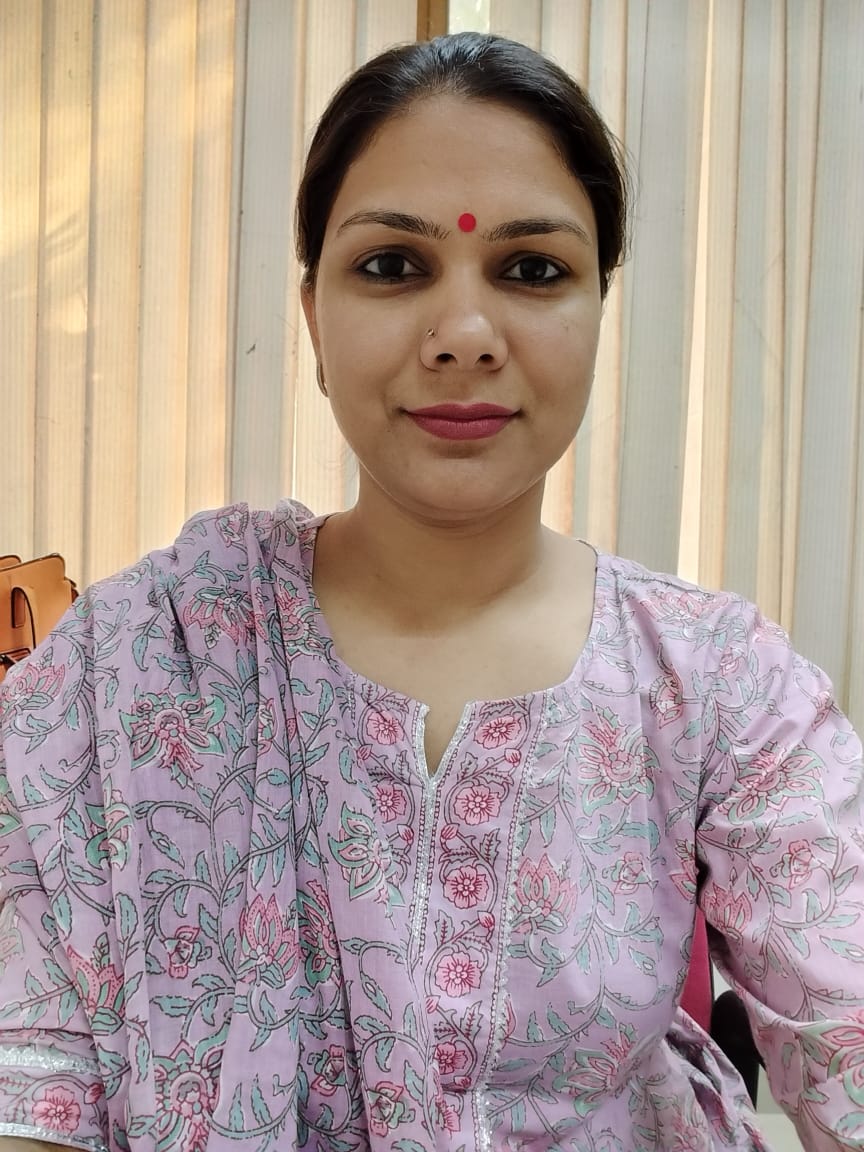Ismat Chughtai, a prominent Urdu writer, is celebrated for her bold and groundbreaking contributions to literature, particularly in the realm of feminist and social issues. Born on August 21, 1915, in Badayun, Uttar Pradesh, British India, Ismat Chughtai emerged as a literary icon and a fearless advocate for the rights of women.
Chughtai belonged to a progressive and intellectual family that encouraged her education and creativity. Despite societal norms that often restricted women's access to education, Chughtai pursued her studies and eventually became one of the leading voices in Urdu literature. Her writing reflected a keen awareness of the social issues prevalent in her time, and she fearlessly addressed topics that were considered taboo.
One of Chughtai's most renowned works is the short story "Lihaaf" ("The Quilt"), which was published in 1942. The story, known for its bold exploration of female sexuality and desire, brought Chughtai into the limelight. "Lihaaf" revolves around the complex relationship between Begum Jan and her maid, and the story's exploration of repressed desires and societal expectations made it controversial. In fact, the publication of the story led to obscenity charges against Chughtai, but she faced the legal challenges with resilience, defending her artistic expression and the importance of addressing uncomfortable truths.
Beyond her exploration of female sexuality, Chughtai's works delved into various aspects of women's lives and societal expectations. She wrote about issues such as patriarchy, gender roles, and the struggles faced by women in conservative societies. Her characters were often strong, resilient women who challenged societal norms and fought for their rights. Through her stories, Chughtai contributed significantly to the feminist literary movement in Urdu literature.
Chughtai's writing style was characterized by a blend of humor, satire, and a deep understanding of human psychology. Her narratives were often nuanced, offering readers a glimpse into the complexities of human relationships and societal dynamics. Her keen observation of everyday life, coupled with her ability to portray the struggles of women in a male-dominated society, made her an influential and relatable writer.
Apart from her fiction, Chughtai was also an essayist and wrote extensively on social and cultural issues. Her essays, often published in leading Urdu journals, reflected her progressive and liberal views. She advocated for gender equality, education for women, and the importance of challenging societal norms that stifled individual freedom.
Ismat Chughtai's literary contributions earned her accolades and recognition. She received the prestigious Padma Shri award in 1976 for her significant contributions to Indian literature. Chughtai's legacy extends beyond her literary works; she was a trailblazer who paved the way for future generations of women writers to address issues of gender, sexuality, and societal expectations in their works.
In conclusion, Ismat Chughtai's impact on Urdu literature and her fearless exploration of societal taboos have left an indelible mark. Her commitment to challenging societal norms, advocating for women's rights, and fearlessly addressing uncomfortable truths make her a literary pioneer and an enduring figure in the history of South Asian literature. Ismat Chughtai's legacy continues to inspire writers and readers alike, fostering conversations about gender, sexuality, and the complexities of the human experience.





